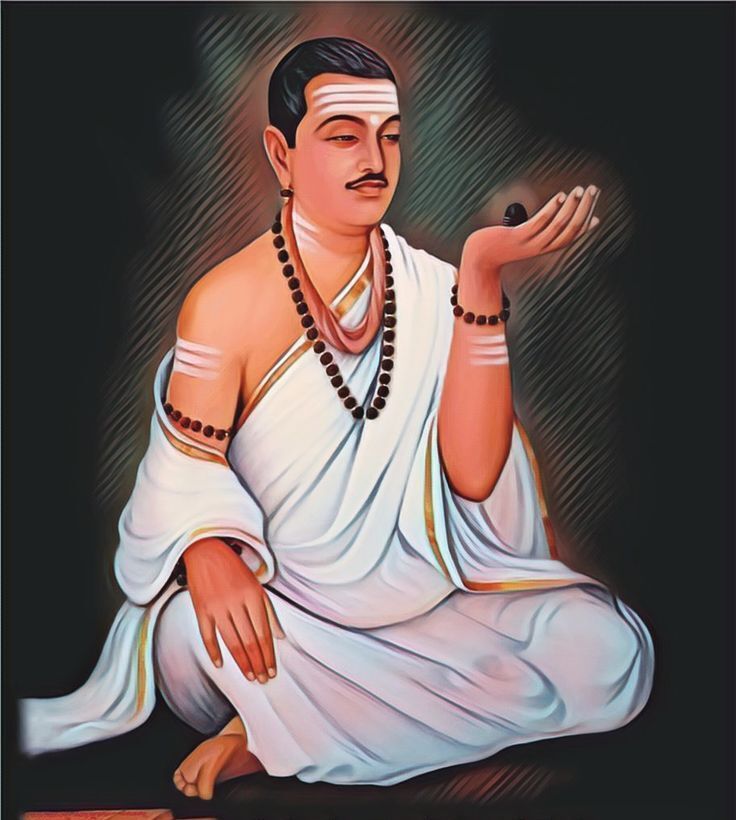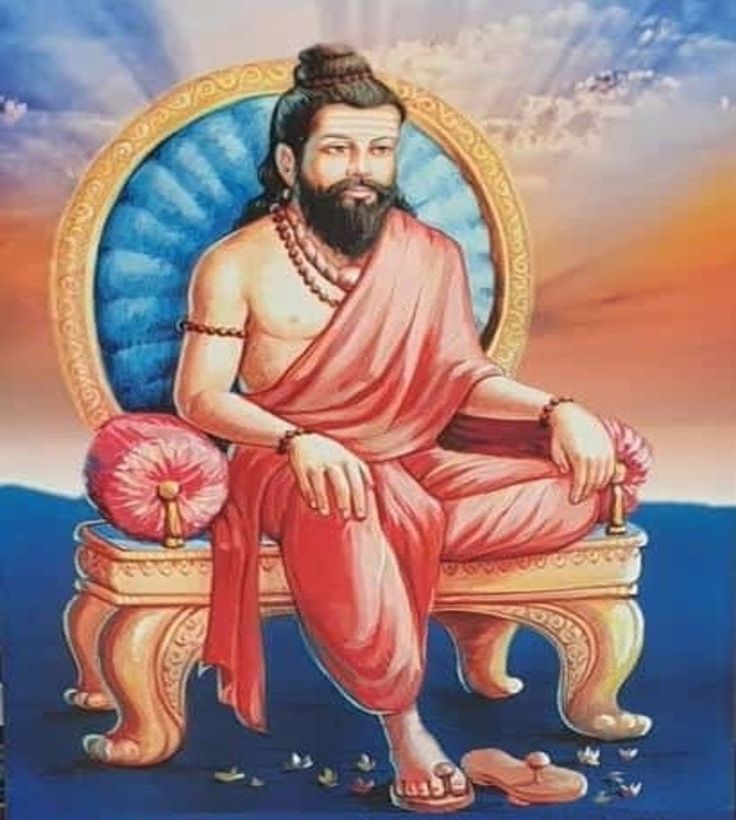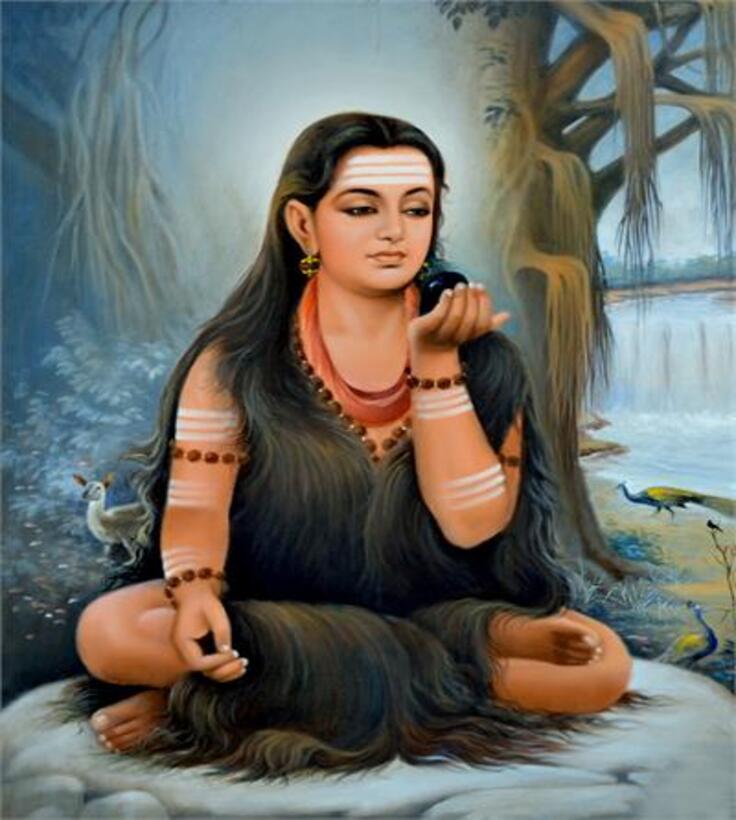Veerashaivas is one of the prominent spiritual traditions in India, with deep roots in Shaivism and a unique focus on devotion to Lord Shiva. Originating in Karnataka, Veerashaivism emphasizes equality, devotion (bhakti) and service to humanity. The tradition combines spiritual practices, social reform and profound philosophical insights, creating a way of life that guides millions.
Updates
ದಿನಾಂಕ 23 ಮೇ - ಕಾರ್ಯಕ್ರಮ ನಿರೀಕ್ಷೆ ಮೀರಿ ಯಶಸ್ವಿ
2025, ಮೇ ತಿಂಗಳ 23, 24, 25 ಸುಕ್ಷೇತ್ರ ಹಿರೇಮಠದ ಕರ್ತೃ ಶ್ರೀ ಮಲ್ಲಿಕಾರ್ಜುನ ಸ್ವಾಮಿಯ ಪುನಃ ಪ್ರಾಣ ಪ್ರತಿಷ್ಠಾಪನೆ
ನಾಡಿನ ಜನತೆಗೆ ಸ್ವಾಮೀಜಿಯವರಿಂದ ಯುಗಾದಿ ಹಬ್ಬದ ಸಂದೇಶ
2025, ಎಪ್ರಿಲ್ 12 ಶನಿವಾರ ಮಕ್ಕಳಿಗಾಗಿ ತಪೋವನದಲ್ಲಿ 14 ದಿನಗಳ ರಾಜ್ಯಮಟ್ಟದ ಬೇಸಿಗೆ ಶಿಬಿರ
2025, ಎಪ್ರಿಲ್ 12 ಶನಿವಾರದಂದು ತಪೋವನದಲ್ಲಿ ಹುಣ್ಣಿಮೆ ಕಾರ್ಯಕ್ರಮ
ದಿನಾಂಕ 30 ಮಾರ್ಚ್, ಭಾನುವಾರ ಹಿರೇಮಠದಲ್ಲಿ ನಡೆಯುವ ಕಾರ್ಯಕ್ರಮಗಳು
ದಿನಾಂಕ 29 ಮಾರ್ಚ್, ಶನಿವಾರ ಹಿರೇಮಠದಲ್ಲಿ ನಡೆಯುವ ಕಾರ್ಯಕ್ರಮಗಳು





